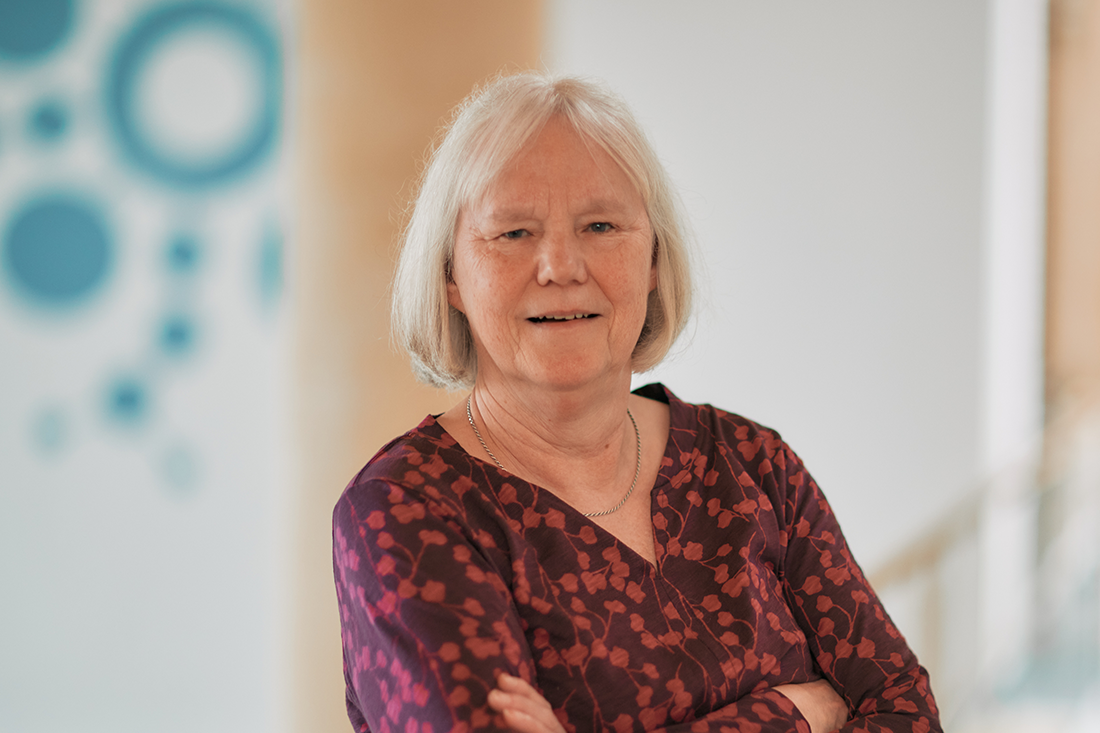Dunn School’s Professor Liz Robertson recognised in New Year’s Honours

Professor Robertson’s early work focused on embryonic stem cell gene targeting, a technique that pioneered the ability to genetically alter mice. She initiated this work as a post-doctoral fellow with Sir Martin Evans at the University of Cambridge, providing foundations for the research for which Evans received a Nobel Prize.
Subsequently in her own labs at Columbia University, Harvard and Oxford, her group has pioneered our understanding of how regulatory pathways control embryonic development, from germ cells, to axis patterning and cell fate decisions during the formation of the placenta, post-natal intestinal reprogramming, and morphogenesis of the mammary gland.
Head of the Dunn School, Matthew Freeman, said ‘I am thrilled to see Liz’s ground-breaking work nationally recognised. Beyond her research, she is exceptionally generous with her time and support, particularly to younger colleagues. She has also put great energy into supporting women’s careers. She is a great role model and colleague.’
‘It was a big surprise and extremely gratifying to have received this honour’, said Professor Robertson, ‘especially considering the long history of developmental biology at Oxford, including the pioneering work by Richard Gardner and Rosa Beddington carried out here at the Dunn School. Awards really are for team work so a huge big thank you to all my past and present group members, as well as to all my wonderful colleagues here at the Dunn School.’
Explore more
Robertson Group
Research in the Robertson lab exploits genetic strategies to identify the key signalling cues and downstream transcriptional regulators that mediate cell fate decisions in the developing mouse embryo.
Cell and Developmental Biology
Several Dunn School groups investigate the mechanisms underlying a range of important developmental and cellular processes such as signalling, transcriptional control, cell division, protein trafficking, and genome maintenance.
More news